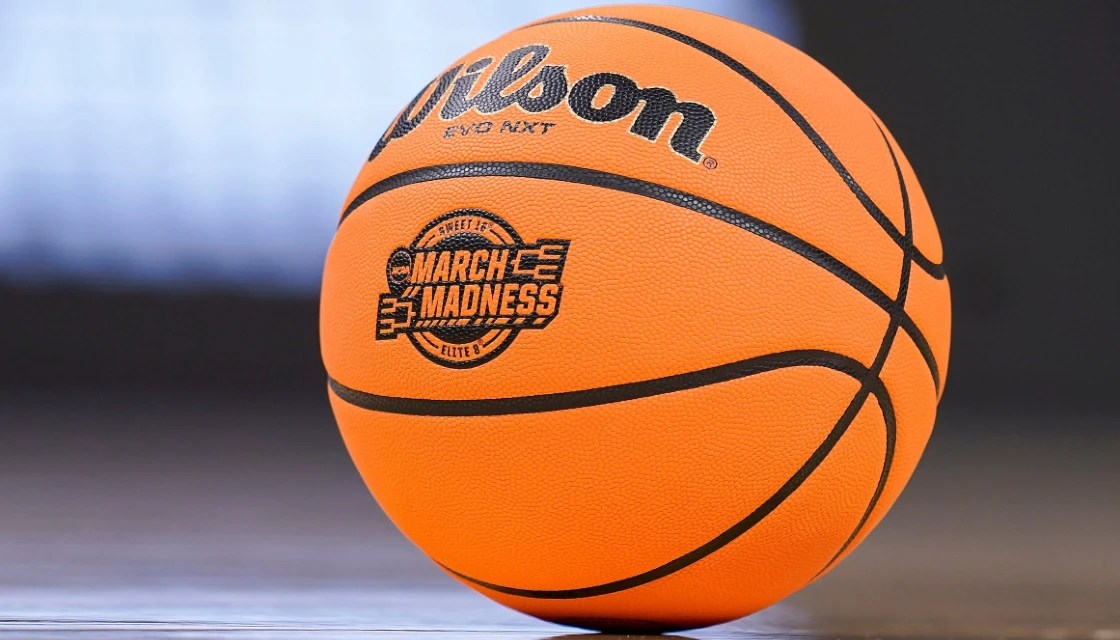We’ve seen some pretty bad divisions throughout the years in NFL history. But the NFC South is on pace to be among the worst.
Carolina sports betting is not legal, as legislation failed to place late this year. Maybe the Panthers and the division will be better when legal wagering law takes effect.
Going into Week 14, the Tampa Bay Buccaneers lead the division at 6-6 and have needed multiple improbable wins to get to .500. Every other team in the division is at least three games below .500 and all three have made at least one change at quarterback from the beginning of the year.
But is this the worst division of all time? Not quite. There have been some pretty bad divisions over the last decade. To check how bad this division has been, BetCarolina.com looked at the worst divisions in NFL history by record and combined point differential.
Here are the results:
Worst Divisions in NFL History
Coincidentally, the worst collective division performance in NFL history was the NFC South in 2014. The Panthers won the division that year with a record of 7-8-1. They finished the year with a point differential of -35. They hosted a home playoff game against the Cardinals and actually won that contest, 27-16. However, they would lose to the Seattle Seahawks the following week in a game that wasn't all that close.
During that 2014 season, the four teams in the NFC South combined for a point differential of -227. That isn't the worst conference point differential of all time, but the combined win total of 22 is the worst in NFL history since realignment.
The division with the worst combined point differential was from the 2010 season as the NFC West combined for just 25 wins. They have a combined point differential of -322 with all four teams having point differentials of -39 or worse. The Cardinals finished that year with a record of 5-11, and they had an NFL worst point differential of -145.
The division winner from that year was the Seattle Seahawks at 7-9. They needed a Week 17 win over the Rams to clinch the division, despite a point differential of -97. But much like the Panthers from the 2014 season, the Seahawks won in Round 1 of the playoffs, defeating the New Orleans Saints. That game is known for the Marshawn Lynch “Beast Mode” run that helped the Seahawks advance to the divisional round of the playoffs.
MORE: NFL Betting In NC
What to Expect Rest of Season
Heading into Week 14 of the 2022 season, it appears the Buccaneers will win the division, as they are multiple games up on the Falcons and Panthers.
No one expects any miracles from the Panthers, for sure. There are no Carolina sports apps yet, of course, but the Panthers nationally are at +40000 to win the Super Bowl. Only six teams have longer odds.
The Bucs currently have a point differential of -2 on the season as they have scored more than 22 points just once this season. But as we've seen from previous years, the final record doesn't always indicate playoff success. Even if the Buccaneers don't finish the season with a winning record, they have a chance to do some damage in the playoffs.
That is even more true with Tom Brady under center playing at home in Round 1. This might be one of the worst divisions of all time, but don't rule out the Buccaneers making another postseason run.
Make sure to bookmark BetCarolina.com for news on the way to sports betting and for North Carolina betting promos.






